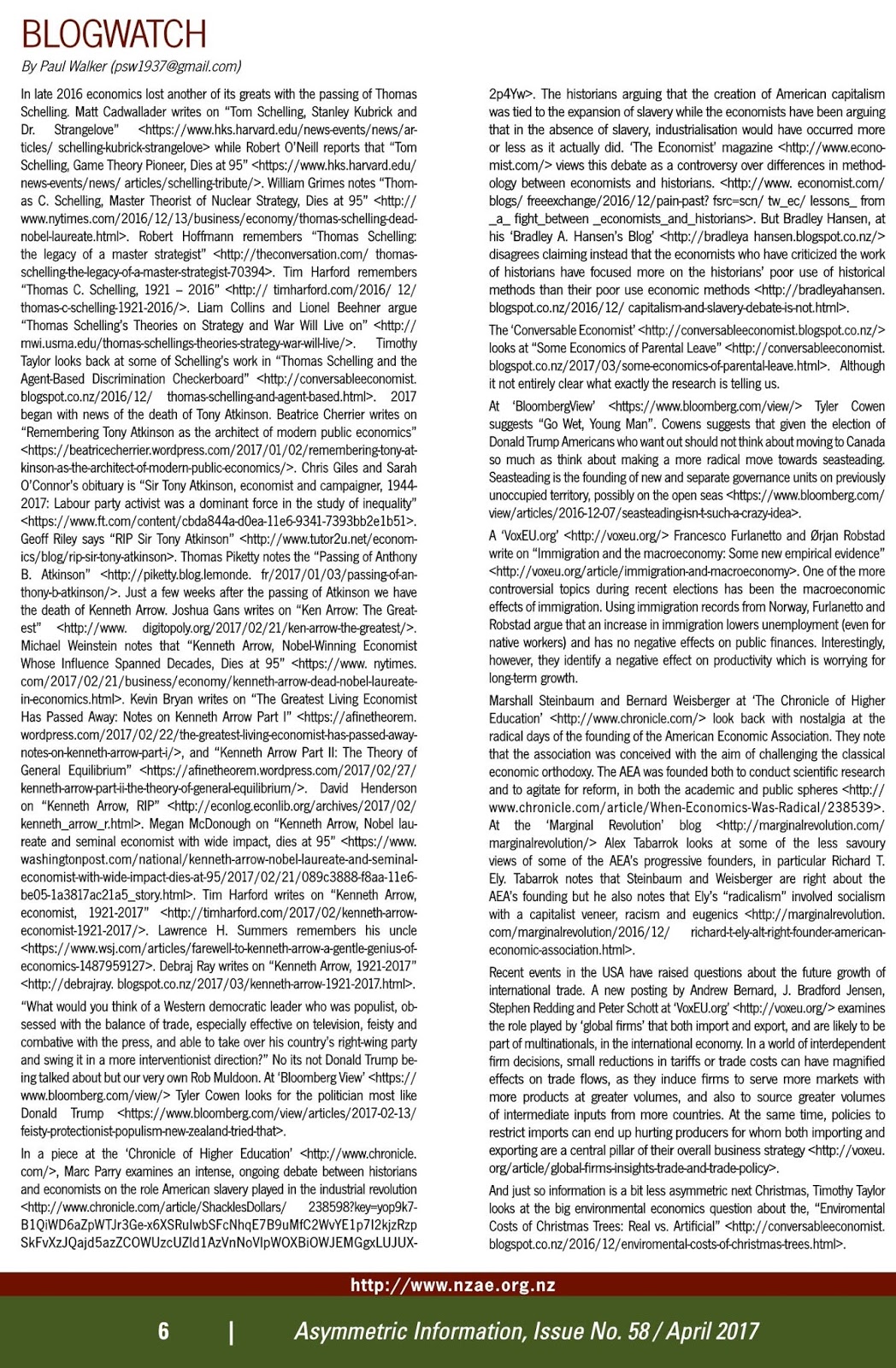A new NBER working paper makes this point.
Shawn Kantor, Carl Kitchens, Steven Pawlowski
The 1984 federal Comprehensive Crime Control Act (CCCA) included a provision that permitted local law enforcement agencies to share up to 80 percent of the proceeds derived from civil asset forfeitures obtained in joint operations with federal authorities. This procedure became known as “equitable sharing.” In this paper we investigate how this rule governing forfeited assets influenced crime and police incentives by taking advantage of pre-existing differences in state level civil asset forfeiture law and the timing of the CCCA. We find that after the CCCA was enacted crime fell about 17 percent in places where the federal law allowed police to retain more of their seized assets than state law previously allowed. Equitable sharing also led police agencies to reallocate their effort toward the policing of drug crimes. We estimate that drug arrests increased by about 37 percent in the years after the enactment of the CCCA, indicating that it was profitable for police agencies to reallocate their efforts. Such a reallocation of effort, however, brought an unintended cost in the form of increased roadway fatalities, seemingly from reduced enforcement of traffic laws.Enforcement goes where the money is, not where the need is.
